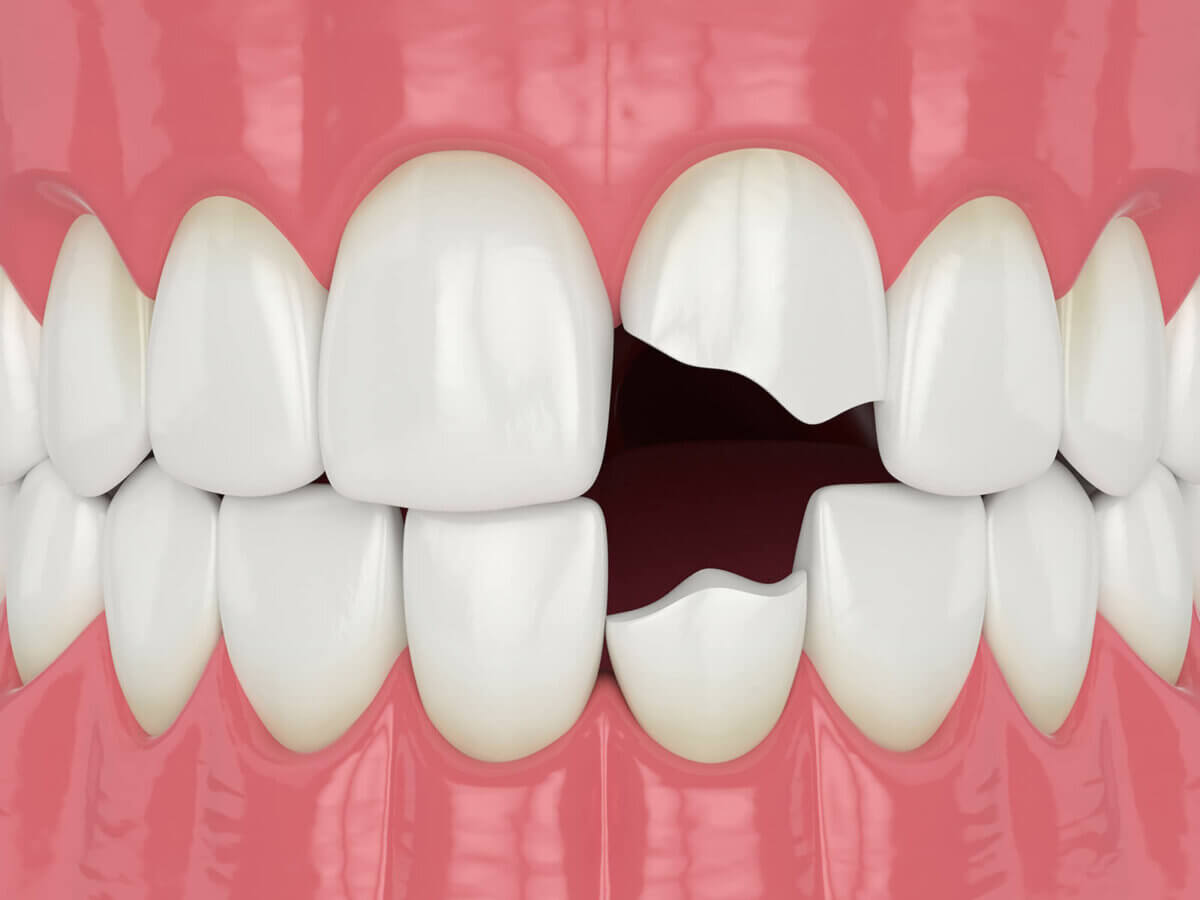Blog
Dental hygiene tips for healthy teeth & gums

5 Ways To Help You Stop Chipping Your Teeth
Chipping your teeth can be a painful and inconvenient experience, often requiring dental intervention to repair the damage. Fortunately, there are several preventive measures you can take to safeguard your teeth and minimize the risk of chipping. In this article, we’ll explore five effective ways to help you prevent chipping your teeth and maintain optimal dental health.
1. Wear a Mouthguard During Physical Activities
If you participate in sports or recreational activities that pose a risk of dental injury, such as contact sports or martial arts, wearing a mouthguard is essential. A custom-fitted mouthguard provides a protective barrier between your teeth and potential impact, reducing the likelihood of chipping or fracturing a tooth during athletic endeavors.
2. Avoid Using Your Teeth as Tools
Many people have a habit of using their teeth as tools to open bottles, tear open packages, or bite into hard objects. However, this can put excessive stress on your teeth and increase the risk of chipping or cracking. To protect your teeth from damage, avoid using them for anything other than chewing food and speaking.
3. Practice Good Oral Hygiene
Maintaining good oral hygiene is crucial for preserving the strength and integrity of your teeth. Brushing your teeth twice a day, flossing daily, and using mouthwash can help remove plaque and bacteria that weaken tooth enamel and increase susceptibility to chipping. Additionally, regular dental check-ups and cleanings can detect any early signs of damage and prevent further deterioration.
4. Be Mindful of Your Eating Habits
Certain foods and beverages can contribute to toothchipping, especially if they are hard, crunchy, or acidic. Be mindful of your eating habits and try to avoid biting down on exceptionally hard foods like ice, popcorn kernels, or hard candies. Cutting food into smaller, more manageable pieces and chewing slowly can also reduce the risk of accidental chipping.
5. Address Bruxism with a Nightguard
Bruxism, or teeth grinding, can significantly weaken tooth enamel and increase the likelihood of chipping or fracturing teeth, especially while you sleep. If you suspect you grind your teeth at night, consider wearing a nightguard to protect your teeth from excessive wear and damage. A custom-fitted nightguard can cushion your teeth and prevent them from grinding against each other, reducing the risk of chipping and other complications associated with bruxism.
Conclusion
By following these five preventive measures, you can significantly reduce the risk of chipping your teeth and maintain a healthy, beautiful smile for years to come. Remember to wear a mouthguard during physical activities, avoid using your teeth as tools, practice good oral hygiene, be mindful of your eating habits, and address bruxism with a nightguard if necessary. Taking proactive steps to protect your teeth can help prevent dental injury and ensure optimal dental health in the long term.
